Stellantis Holds Firm As EU Automakers Call For EV Relief
Automakers Push For Urgent EU Action As EV Sales Decline...
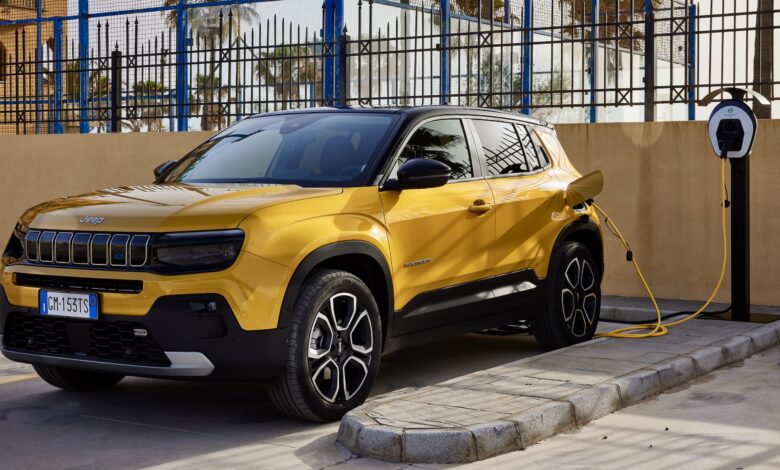
As the European auto industry faces a sharp decline in demand for electric vehicles (EVs), many manufacturers are calling on the European Union (EU) to take swift action to prevent a further drop in sales and competitiveness. The European Automobile Manufacturers’ Association (ACEA), representing major automakers such as BMW, Volkswagen, Renault, and Mercedes-Benz, has urged the EU to implement immediate relief measures before the stricter CO2 emissions standards take effect in 2025.
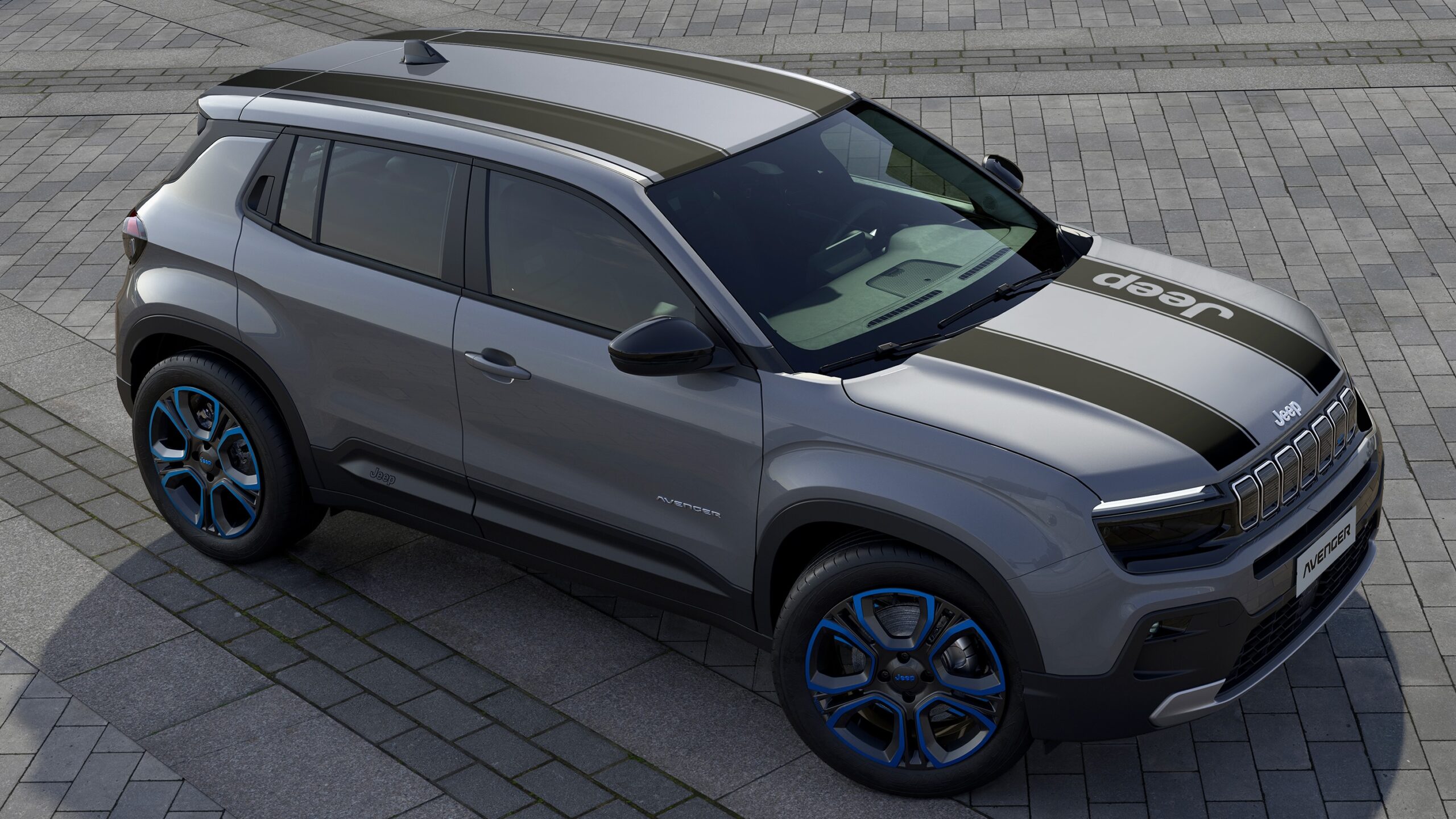
According to ACEA, the battery-electric vehicles (BEVs) market has been shrinking, with sales dropping by 8.4% year-to-date in an already contracting market. The market share for BEVs has also fallen from 13.9% in 2023 to 12.6% in 2024. This decline is particularly concerning as automakers must significantly increase zero-emission vehicle sales to meet the upcoming emissions targets, which require a 15% reduction in CO2 emissions across new car fleets.
In a statement, the ACEA board highlighted several key factors behind the slow adoption of BEVs, including the lack of charging infrastructure, high production costs, and insufficient consumer incentives. “We are missing crucial conditions to reach the necessary boost in production and adoption of zero-emission vehicles,” the board said. They stressed the need for more affordable green energy, a secure supply of raw materials, and better charging and hydrogen refueling networks.
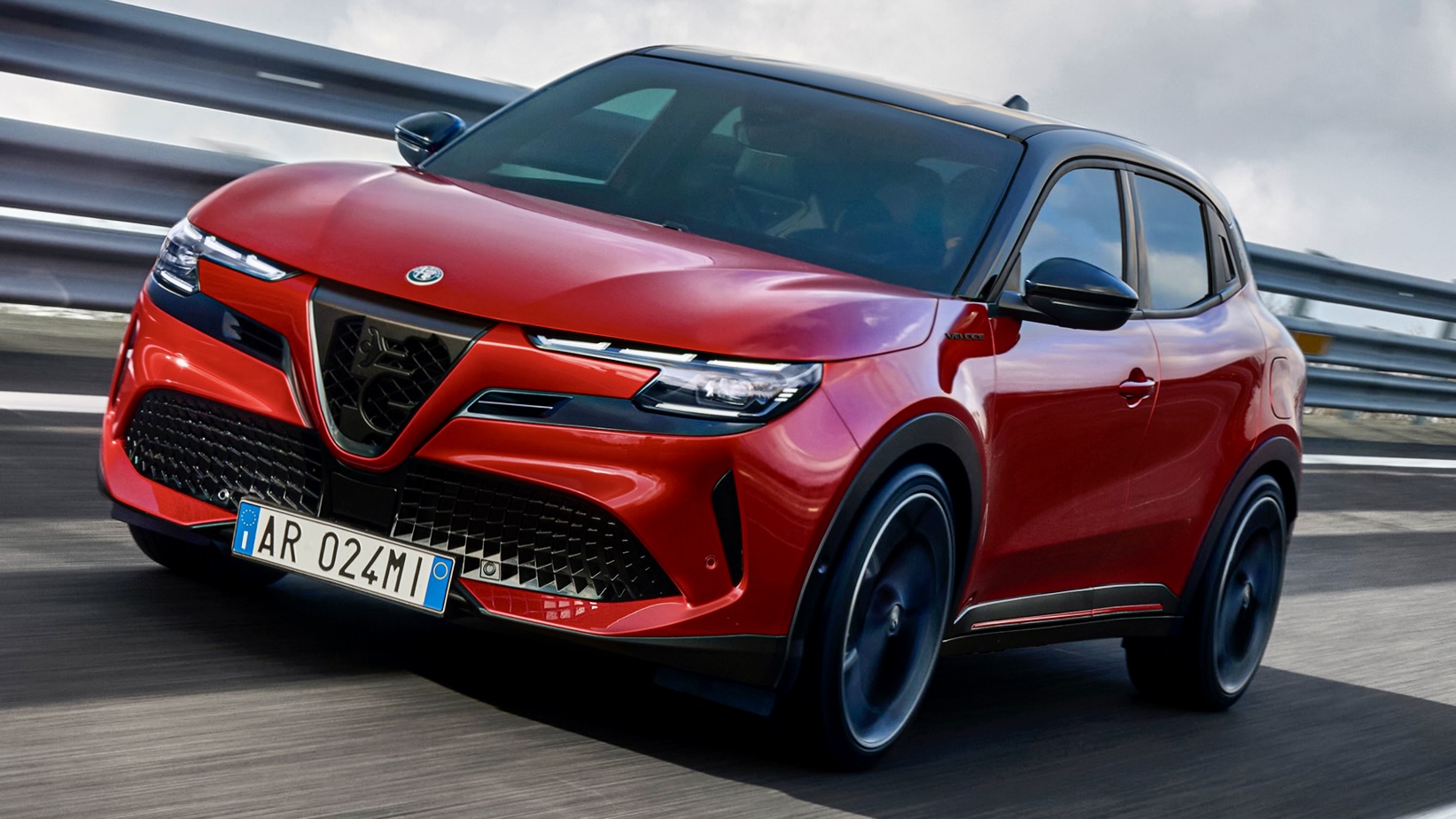
ACEA’s call for action includes urging the European Commission to move up the reviews of CO2 regulations for light- and heavy-duty vehicles, currently set for 2026 and 2027, to 2025. They warn that without these changes, automakers could face multi-billion-euro fines or be forced to cut production, resulting in job losses and a weakened supply chain.
However, Stellantis, has taken a different stance. CEO Carlos Tavares clarified that Stellantis is not pushing for a delay in the 2025 CO2 targets. “The rules have been known for several years. My guys are ready for the fight,” Tavares said during a media briefing in Turin. Unlike other automakers, Stellantis believes it is fully prepared to meet the stricter standards, thanks to its early investments in electrification.
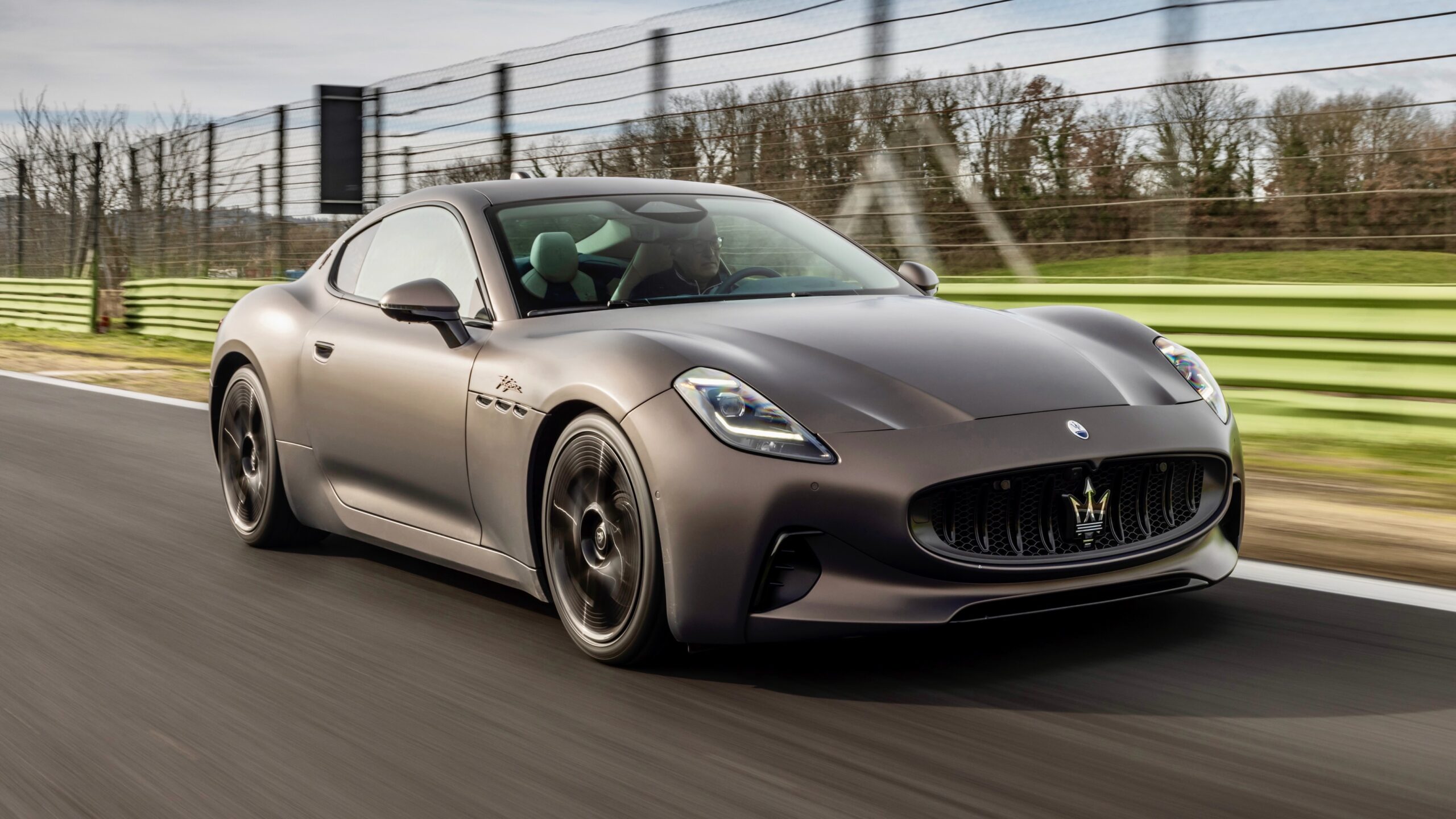
Tavares acknowledged that the market for EVs is challenging, especially with declining incentives in countries like Germany and France. However, he emphasized the importance of sticking to the established timeline. “Even if there is a delay in the standards, the global warming issue is still here,” Tavares remarked. He suggested that automakers pushing for a delay are more concerned about financial impacts, particularly the slimmer profit margins on EVs compared to internal combustion engine (ICE) vehicles.
“What companies are telling you is that if they double their BEV sales, not making money with those cars, they are going to put themselves in trouble,” Tavares explained. This mirrors his earlier warnings about a potential “bloodbath” among automakers as they rush to sell affordable EVs.
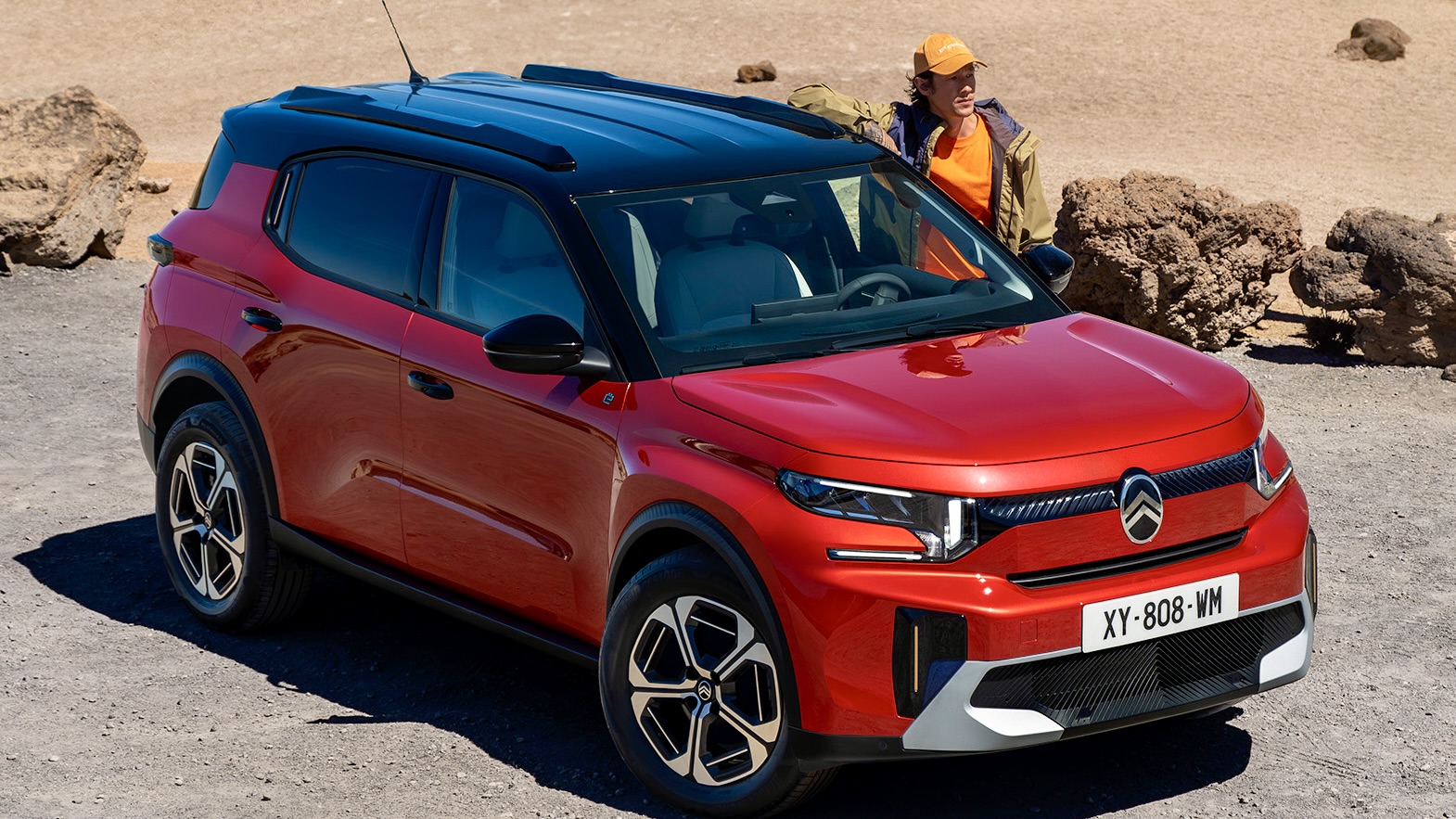
Despite Stellantis’ confidence in its strategy, the company has recently faced challenges with sluggish demand for its all-electric Fiat 500e city car. As a result, Stellantis has once again temporarily halted production of the 500e for four weeks. This pause underscores the complex nature of the EV market, where even companies committed to electrification are not immune to fluctuating consumer interest.
Renault CEO Luca de Meo, who also serves as President of ACEA, has expressed concerns similar to those of other automakers, noting that failing to meet the 2025 targets could result in penalties of up to €15 billion (roughly $16 billion USD). De Meo called for more flexibility, saying, “We need to be given a little flexibility,” as automakers struggle with rising costs and economic pressures.
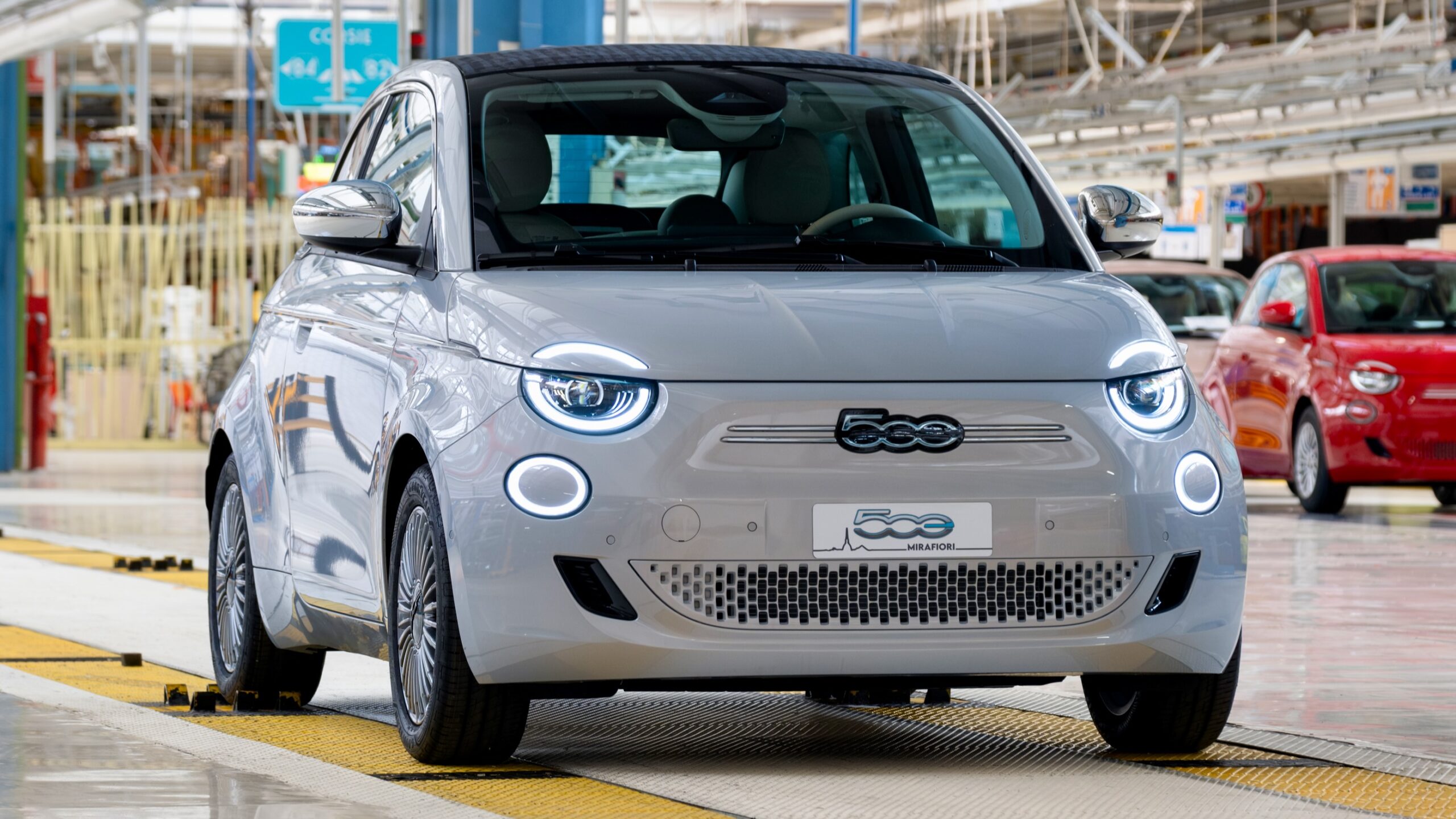
While many European automakers seek urgent intervention to stabilize the EV market, Stellantis remains confident in its ability to meet the challenge head-on. This signals a divide in strategy among the region’s leading manufacturers.
The European auto industry, united in its commitment to decarbonization, is at a critical juncture. How the EU responds to these calls for action will likely shape the future of mobility and the competitiveness of Europe’s automakers in the global market.
Source: European Automobile Manufacturers’ Association (ACEA)

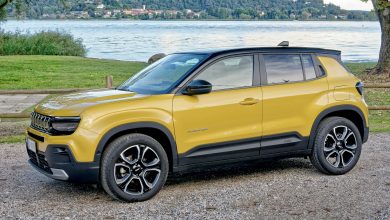
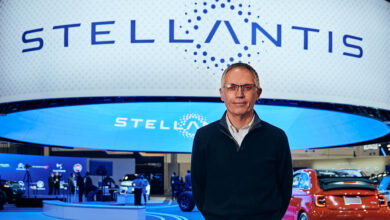
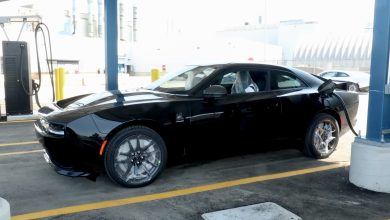
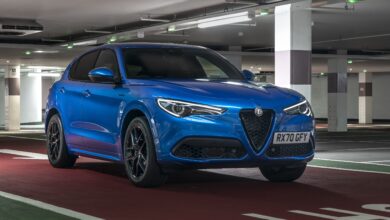
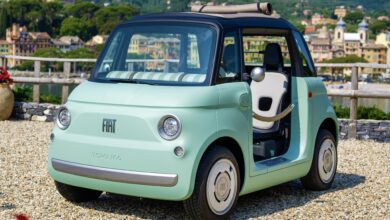
4 replies
Loading new replies...
Join the full discussion at the Mopar Insiders Forum →